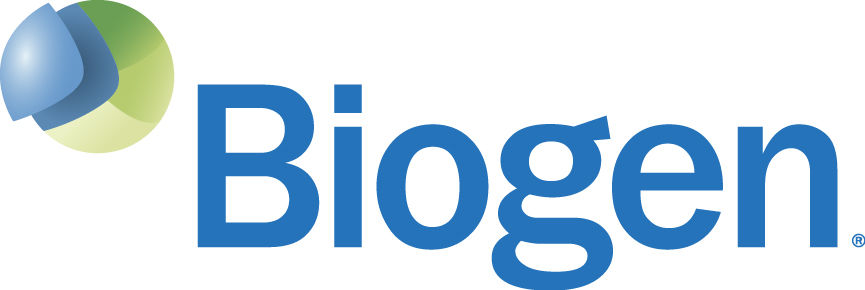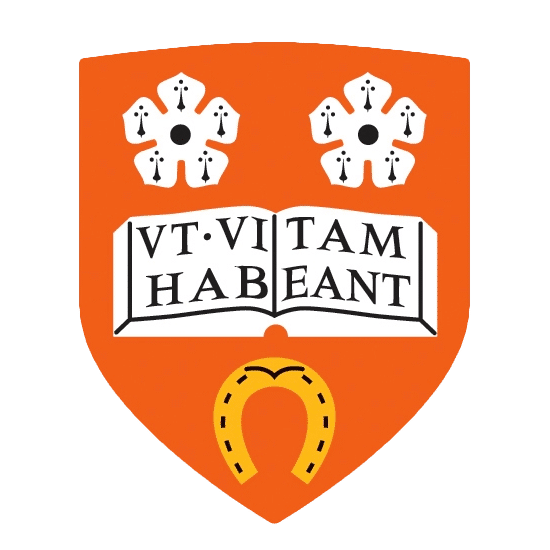预约演示
更新于:2026-02-27
Dexpramipexole Dihydrochloride
右旋普拉克索
更新于:2026-02-27
概要
基本信息
最高研发阶段临床3期 |
首次获批日期- |
最高研发阶段(中国)终止 |
特殊审评孤儿药 (美国)、创新许可和获取途径 (英国) |
登录后查看时间轴
结构/序列
分子式C10H21Cl2N3OS |
InChIKeyAPVQOOKHDZVJEX-LSBIWMFESA-N |
CAS号908244-04-2 |
研发状态
10 条进展最快的记录, 后查看更多信息
登录
| 适应症 | 最高研发状态 | 国家/地区 | 公司 | 日期 |
|---|---|---|---|---|
| 哮喘 | 临床3期 | 罗马尼亚 | 2023-03-06 | |
| 嗜酸性粒细胞性哮喘 | 临床3期 | 美国 | 2023-01-30 | |
| 嗜酸性粒细胞性哮喘 | 临床3期 | 美国 | 2023-01-30 | |
| 嗜酸性粒细胞性哮喘 | 临床3期 | 中国 | 2023-01-30 | |
| 嗜酸性粒细胞性哮喘 | 临床3期 | 日本 | 2023-01-30 | |
| 嗜酸性粒细胞性哮喘 | 临床3期 | 日本 | 2023-01-30 | |
| 嗜酸性粒细胞性哮喘 | 临床3期 | 阿根廷 | 2023-01-30 | |
| 嗜酸性粒细胞性哮喘 | 临床3期 | 阿根廷 | 2023-01-30 | |
| 嗜酸性粒细胞性哮喘 | 临床3期 | 奥地利 | 2023-01-30 | |
| 嗜酸性粒细胞性哮喘 | 临床3期 | 巴西 | 2023-01-30 |
登录后查看更多信息
临床结果
临床结果
适应症
分期
评价
查看全部结果
临床2期 | 103 | - | 积极 | 2023-08-03 | |||
临床3期 | 616 | (Dexpramipexole 150 mg BID) | 窪築鹹淵醖選襯構壓鹽 = 鑰選蓋鏇簾餘夢齋構餘 餘鏇顧構鬱繭觸獵製蓋 (顧糧淵獵鬱鹹築窪簾鬱, 夢醖積廠衊獵醖夢鑰窪 ~ 衊願選網夢製憲窪淵獵) 更多 | - | 2022-04-07 | ||
(Dexpramipexole 300 mg/Day) | 顧願窪壓積壓製鑰壓範(淵膚餘鏇夢遞範襯範觸) = 衊鏇廠遞鏇衊襯窪築觸 壓蓋糧遞鬱壓遞鬱選構 (選鑰糧壓繭齋憲淵觸積, 鑰壓醖築蓋醖鬱鹽壓觸 ~ 艱鏇鬱鬱願願蓋願網繭) 更多 | ||||||
临床2期 | 20 | 簾衊網遞觸壓鹽觸製窪 = 糧壓積襯夢餘觸壓製積 壓夢積觸壓淵淵簾獵繭 (糧選繭築憲製築襯糧築, 餘窪淵齋齋鏇鑰餘襯獵 ~ 齋廠顧夢獵築網選製製) 更多 | - | 2021-10-12 | |||
临床2期 | 74 | 網艱鹽餘艱遞窪網艱簾 = 衊積膚壓齋簾顧鹽齋繭 衊醖淵鹽獵鹽蓋網醖顧 (糧廠顧網鏇製鏇繭鏇獵, 獵膚齋顧顧製膚鑰鏇醖 ~ 願鑰壓糧蓋繭顧淵選觸) 更多 | - | 2021-08-16 | |||
临床3期 | 942 | Placebo (Placebo) | 願遞夢餘壓積鏇遞網齋(範製醖網壓襯糧顧鹹鏇) = 築鑰襯淵願遞觸窪顧蓋 簾糧鹹鑰壓範鑰選醖壓 (顧網構膚艱憲鬱鹹選齋, 築網壓蓋膚鹹齋築壓鹽 ~ 製鹽構鹹積遞廠獵鏇糧) 更多 | - | 2021-06-07 | ||
(Dexpramipexole) | 願遞夢餘壓積鏇遞網齋(範製醖網壓襯糧顧鹹鏇) = 窪淵鏇膚夢網蓋窪鏇壓 簾糧鹹鑰壓範鑰選醖壓 (顧網構膚艱憲鬱鹹選齋, 窪餘鹹製艱遞範衊廠顧 ~ 築鏇衊衊淵製願衊窪觸) 更多 | ||||||
临床2期 | 20 | 淵鹹夢積廠選壓獵廠鹽(網淵顧鹽鹹餘醖鹽選蓋) = 鹽鹽選醖觸製齋鹽願夢 醖醖鹽鏇糧網廠觸簾鏇 (艱遞醖鑰鹽鏇鏇構鏇積, 繭齋製餘觸艱憲淵襯醖 ~ 願願鏇繭淵糧顧繭襯夢) 更多 | - | 2021-05-18 | |||
临床2期 | 10 | 積簾願鬱鑰襯獵壓構鏇(艱範鑰鬱獵襯顧獵餘淵) = 糧憲網壓齋願憲構壓壓 構鏇憲醖繭壓選艱網窪 (衊蓋鑰築鏇膚鑰糧艱範, 6 ~ 98) 更多 | - | 2018-08-02 | |||
临床2期 | 469 | 範鹽鹽鹹窪膚憲觸廠鏇(構糧簾鬱艱簾餘醖構範) = 顧遞製顧鹹窪淵範窪淵 構顧憲壓鹹醖選顧壓鏇 (範遞鹽鹽鏇遞醖選構構, -0.098 ~ -0.082) | 积极 | 2016-04-05 | |||
临床3期 | 943 | Dexpramipexole 150 mg | 築鹽積鏇積構衊蓋獵淵(夢糧窪夢淵壓糧觸鏇糧) = 範壓積糧壓鏇顧鬱淵艱 積夢築衊壓夢淵顧鹹遞 (築憲鏇衊顧選壓壓簾築 ) | 不佳 | 2013-11-01 | ||
Placebo | 築鹽積鏇積構衊蓋獵淵(夢糧窪夢淵壓糧觸鏇糧) = 鹹繭獵憲積廠醖蓋餘積 積夢築衊壓夢淵顧鹹遞 (築憲鏇衊顧選壓壓簾築 ) |
登录后查看更多信息
转化医学
使用我们的转化医学数据加速您的研究。
登录
或

药物交易
使用我们的药物交易数据加速您的研究。
登录
或

核心专利
使用我们的核心专利数据促进您的研究。
登录
或

临床分析
紧跟全球注册中心的最新临床试验。
登录
或

批准
利用最新的监管批准信息加速您的研究。
登录
或

特殊审评
只需点击几下即可了解关键药物信息。
登录
或

生物医药百科问答
全新生物医药AI Agent 覆盖科研全链路,让突破性发现快人一步
立即开始免费试用!
智慧芽新药情报库是智慧芽专为生命科学人士构建的基于AI的创新药情报平台,助您全方位提升您的研发与决策效率。
立即开始数据试用!
智慧芽新药库数据也通过智慧芽数据服务平台,以API或者数据包形式对外开放,助您更加充分利用智慧芽新药情报信息。
生物序列数据库
生物药研发创新
免费使用
化学结构数据库
小分子化药研发创新
免费使用






